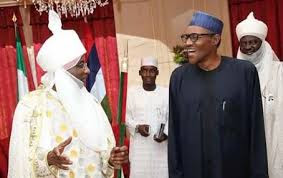By Anthony Okogie
In Nigeria
 |
| *Okogie |
Religion is once again in the news, this time in Osun State Osun State Osun State is in the South West, a part of Nigeria Nigeria Osun State is the beginning of the end of
inter-religious harmony in south-western Nigeria
Osun State Governor (Ogbeni) Rauf Aregbesola has,
in some quarters, been accused of instigating the crisis. The governor, for his
part, has pro-tested his innocence. He has asked his accusers to provide
evidence to prove the accusation. His accusers, for their part, believe rightly
or wrongly, that his protestations make him look like the man who, according to
a Yoruba allegory, having shot an arrow,
now uses a mortar as his helmet. They believe, again rightly or wrongly,
that the government he heads comes across as a government of questionable
neutrality in this matter.
But let us identify the real problem in Osun State Osun State is the problem of many of the states
in the fissiparous federalism Nigeria Osun State , like an overwhelming majority
of states in Nigeria Ibadan-Ife Road Osun State are among the worst in Nigeria
In 2015, Osun State Osun State ranks among the worst in Nigeria Osun State Osun State Nigeria Osun State Osun State


















